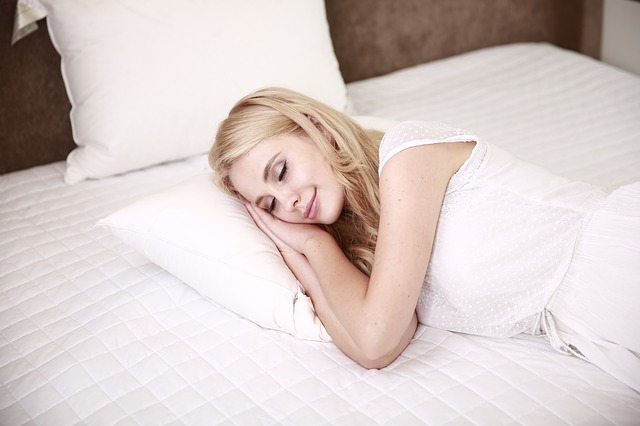
02 Apr 20 tips to help improve your sleep
Are you struggling to get a good night’s sleep? Perhaps your lifestyle is affecting your sleep cycles and you lie awake worrying about your lack of sleep and wake in the morning feeling groggy, lacking in energy and feeling under par.
Sleep is such an important part of our health and wellbeing, it rejuvenates our body and brains. Supporting our creative thinking and problem solving skills. 90% of our detoxification happens at night. Poor sleep quality has been linked to many issues including mental illness, dementia and Alzheimer’s.
We need about 7 or 8 hours sleep as an adult. Teenagers need more sleep as do children. An ideal time to go to sleep is between 10pm and 12pm.
A common cause of sleep problems and a good place to help resolve insomnia is to make some changes to our lifestyle and here are some useful tips to try to help you.
Start by having a relaxing routine telling your brain that sleep is on its way.
A soothing bath
Relaxing exercise
Meditation
Reading a paper book
No bright lights
Bedroom temp about 19 degrees, keep it quiet, de clutter, make sure its clean and fresh, a big bed is good
Switch of technology at least an hour before bed, it produces blue light, which is not good and wakes us up and switches off our production of melatonin the sleep hormone.
Make sure your bedroom is dark
Turn off your Wi-Fi
Avoid caffeine
Avoid alcohol it affects an important part of the sleep cycle our deep sleep state called REM
Don’t eat too late
If you can’t sleep get out of your bedroom after 20 minutes
Breathing exercise like yoga in breath in for the count of 4, hold for the count of 7 and out for 8
Contract and relax your muscles
Try not to close your eyes
Counting sheep doesn’t work
Look after your gut health, probiotics can help improve sleep
If you are still struggling try Valerian Tea which can be helpful

